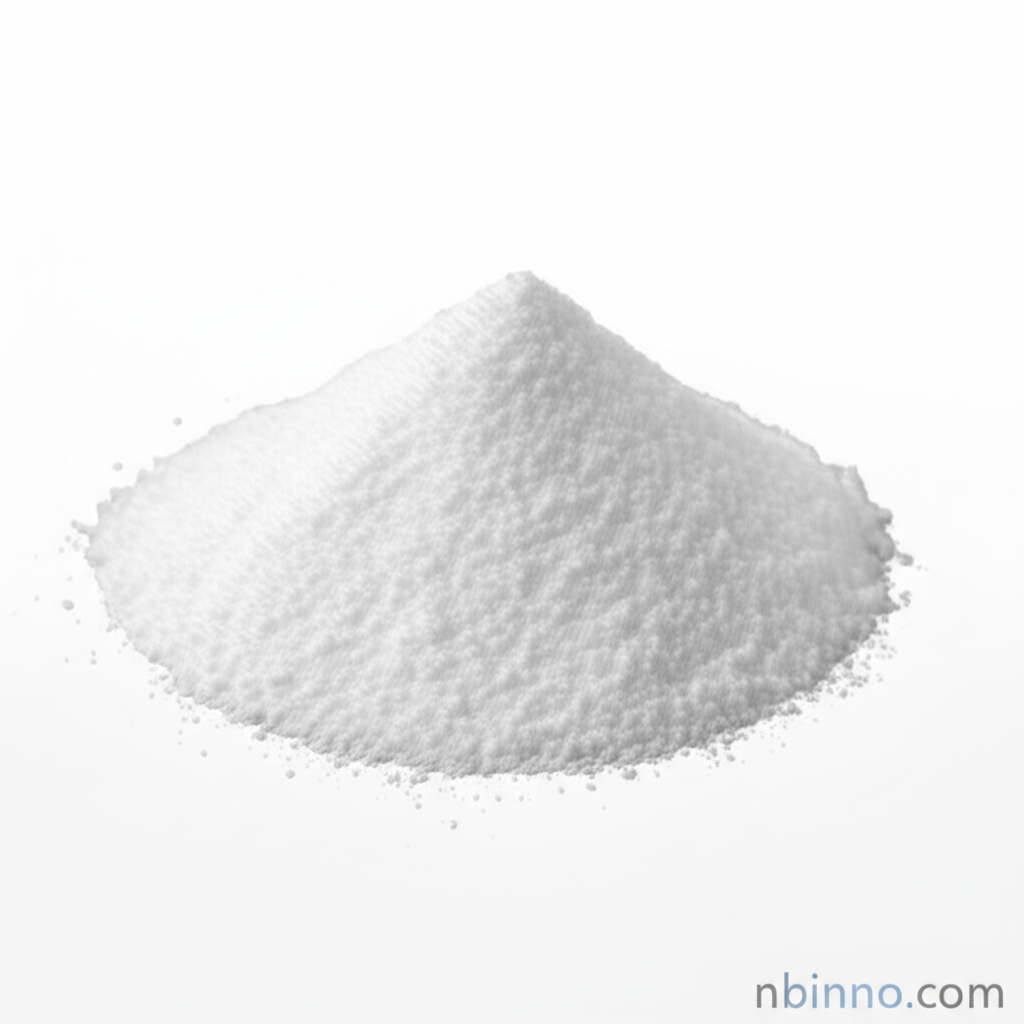Retatrutide: The Next-Generation Triple Agonist for Advanced Weight Loss and Metabolic Health Management
Discover the groundbreaking potential of Retatrutide in combating obesity and improving metabolic health with its unique triple-agonist action.
Get a Quote & SampleProduct Core Value

Retatrutide Peptide
Retatrutide is a revolutionary peptide that acts as a triple agonist, targeting GLP-1, GIP, and glucagon receptors. This unique mechanism offers a more comprehensive approach to weight management and metabolic regulation compared to existing treatments.
- Explore the groundbreaking Retatrutide clinical trial results showcasing significant weight loss efficacy.
- Understand the Retatrutide peptide weight loss mechanism, detailing its action on key hormonal pathways.
- Compare Retatrutide vs Mounjaro vs Wegovy to understand its advanced therapeutic positioning.
- Learn about Retatrutide for type 2 diabetes treatment and its role in improving glycemic control.
Advantages Offered
Unprecedented Weight Loss
Retatrutide peptide studies have shown impressive weight loss figures, positioning it as a leader in weight management solutions. Leverage these weight loss peptide efficacy studies for your research.
Comprehensive Metabolic Improvement
Beyond weight loss, Retatrutide contributes to overall metabolic health by improving blood sugar regulation and potentially treating conditions like fatty liver disease.
Innovative Triple-Agonist Action
The triple agonist mechanism of Retatrutide offers synergistic benefits by simultaneously influencing GLP-1, GIP, and glucagon receptors, a key differentiator in current therapies.
Key Applications
Obesity Management
Retatrutide is being developed as a potent treatment for obesity, offering substantial body weight reduction in clinical trials, as highlighted by its 22% average weight loss.
Type 2 Diabetes Treatment
This peptide demonstrates significant potential in managing type 2 diabetes by improving glycemic control and insulin sensitivity.
Metabolic Health Enhancement
Retatrutide can lead to improvements in various metabolic markers, including blood sugar levels and lipid profiles, contributing to better overall metabolic health.
Fatty Liver Disease Research
Early research suggests Retatrutide may help reduce liver fat content, indicating potential for treating metabolic dysfunction-associated steatotic liver disease.
